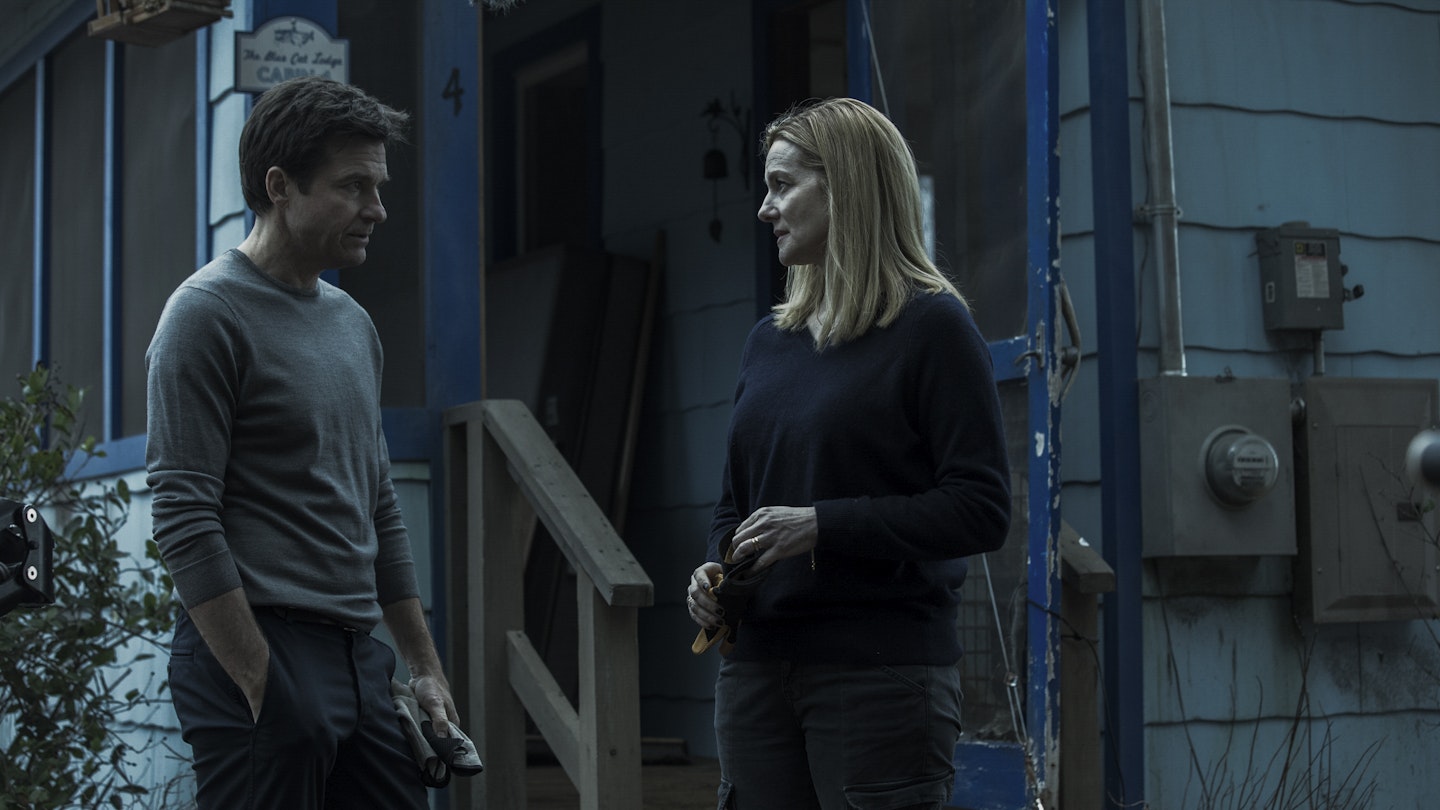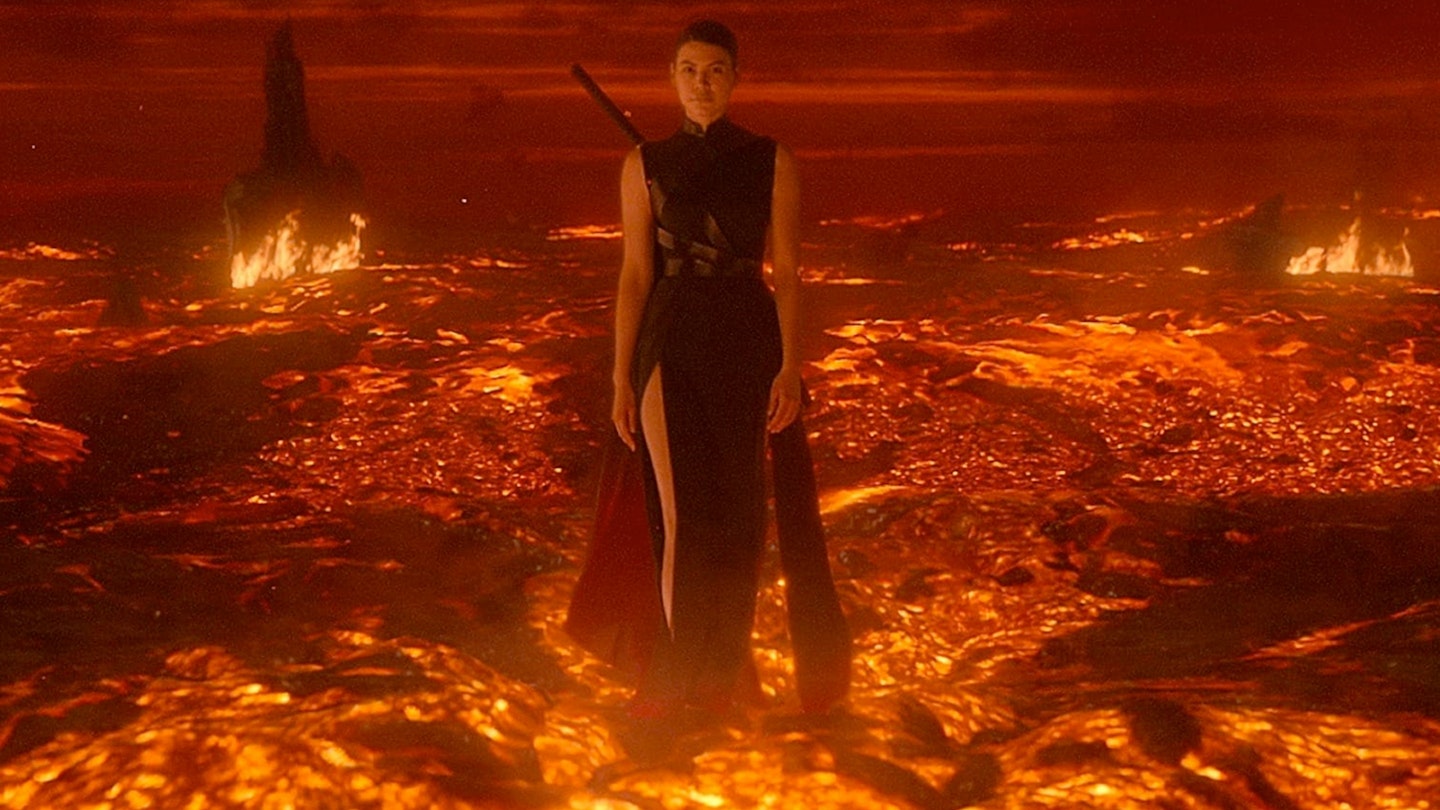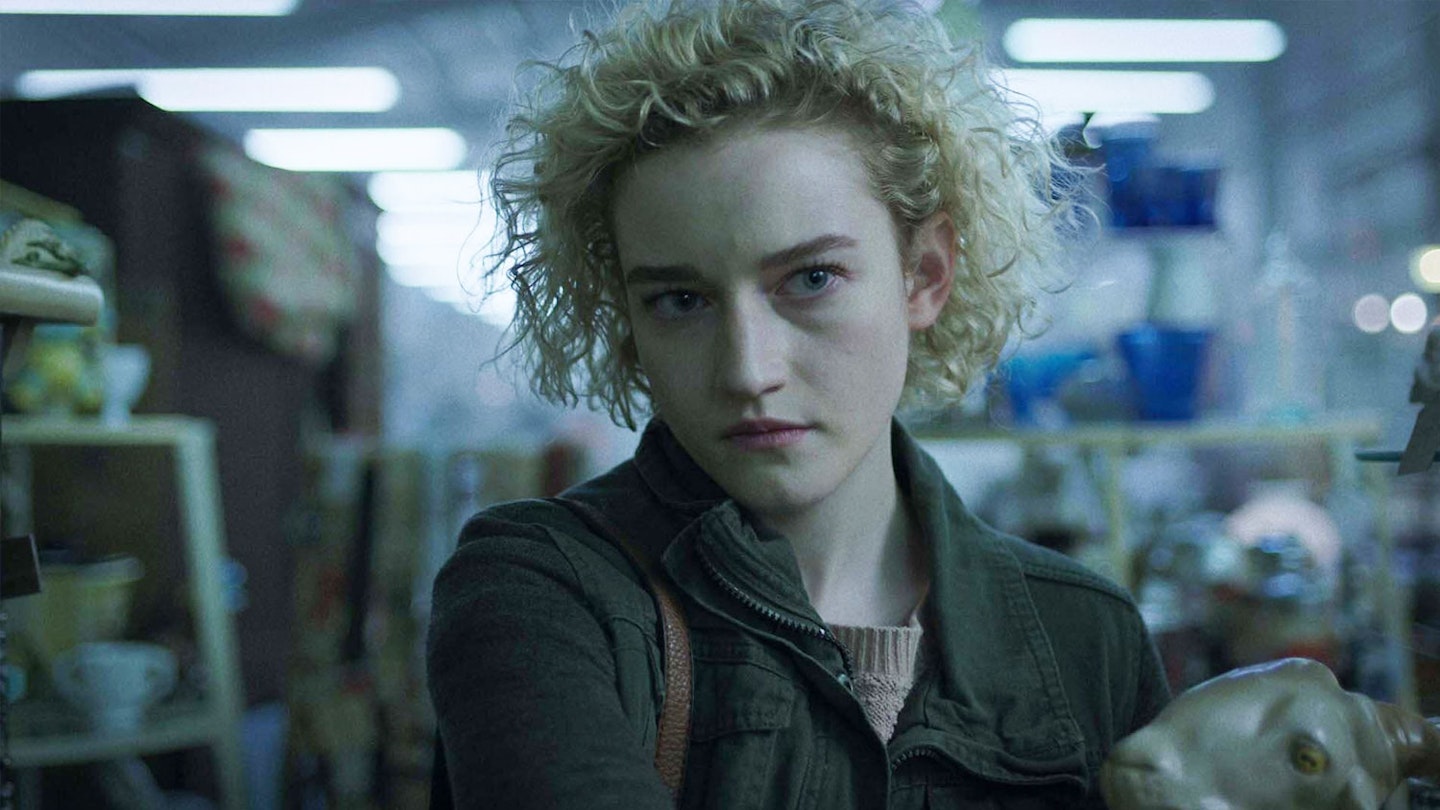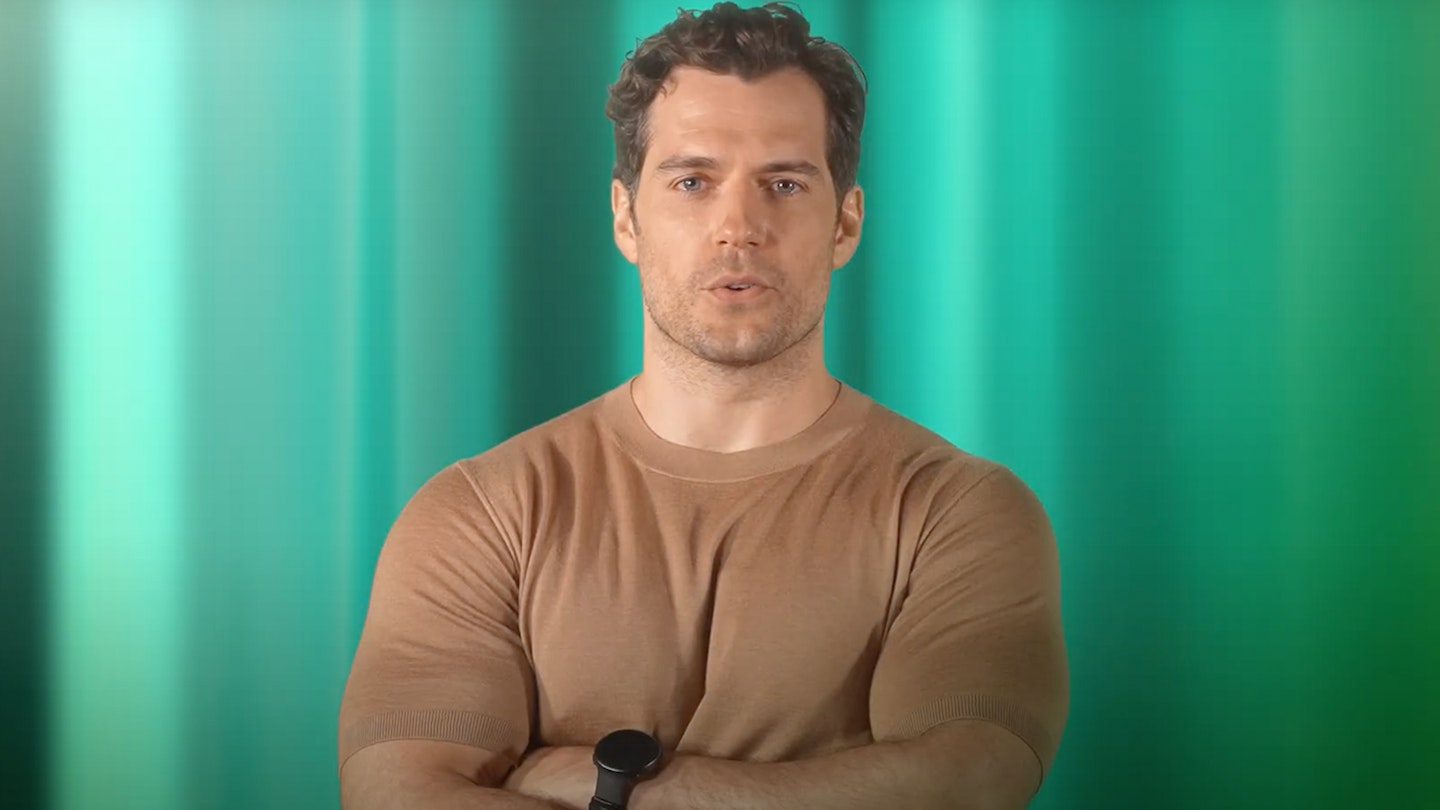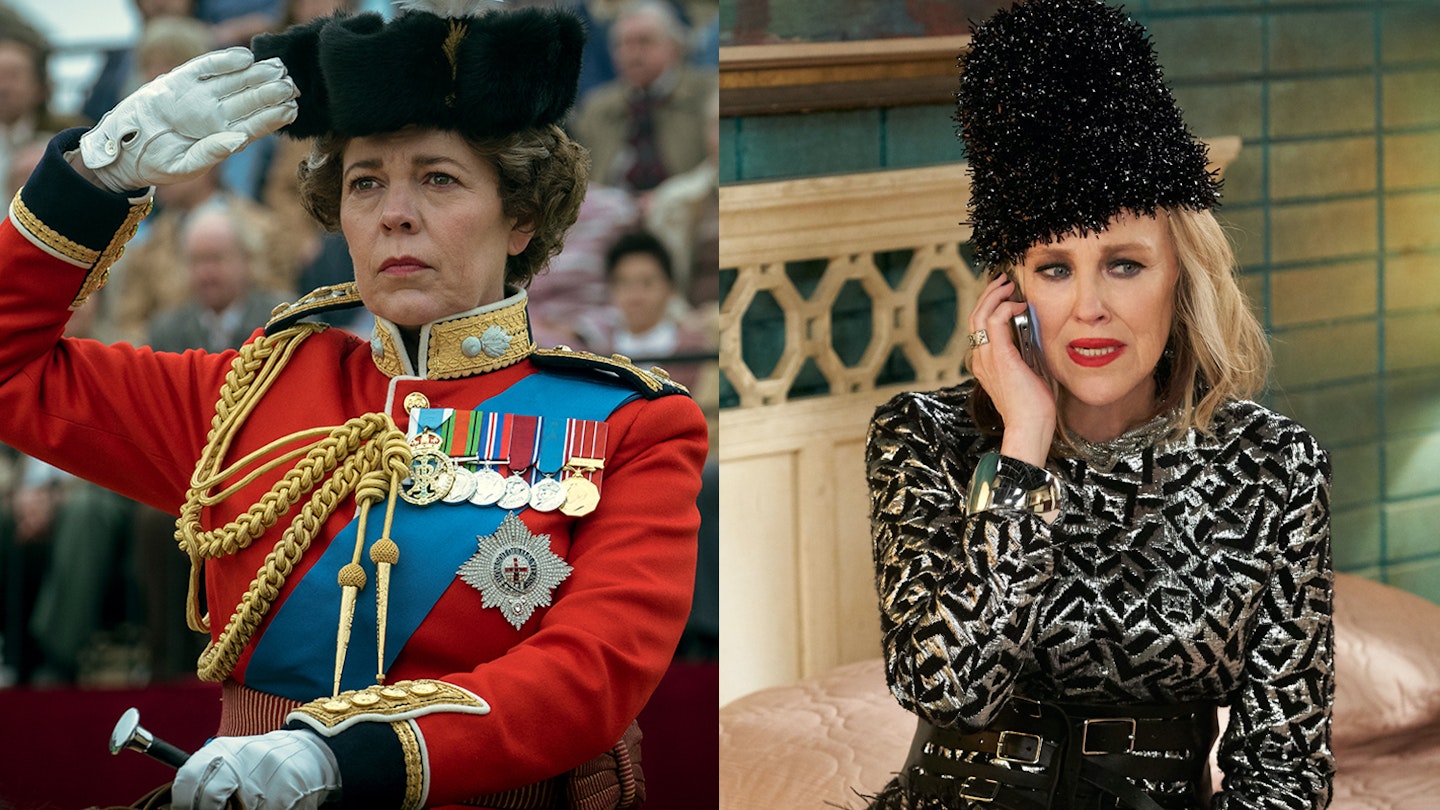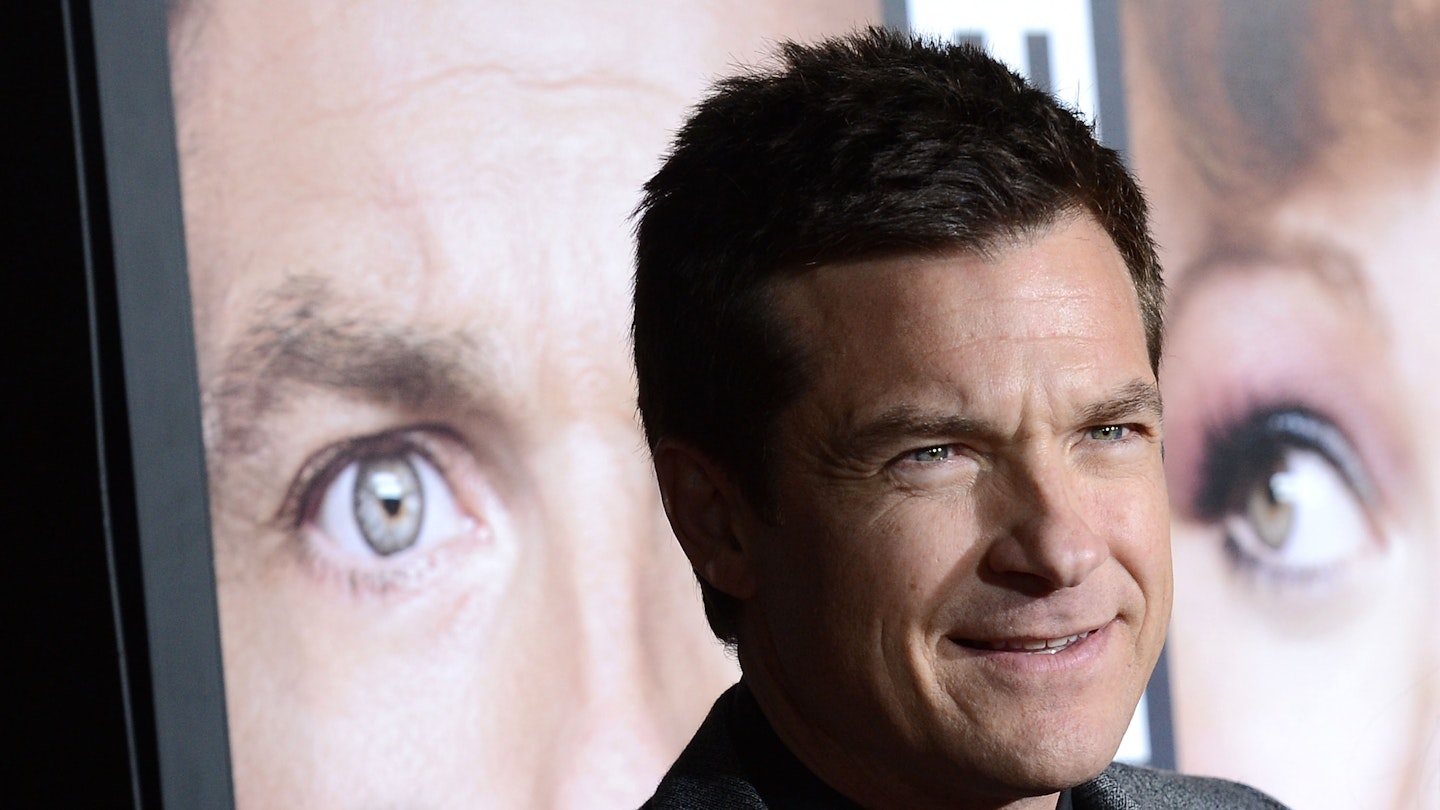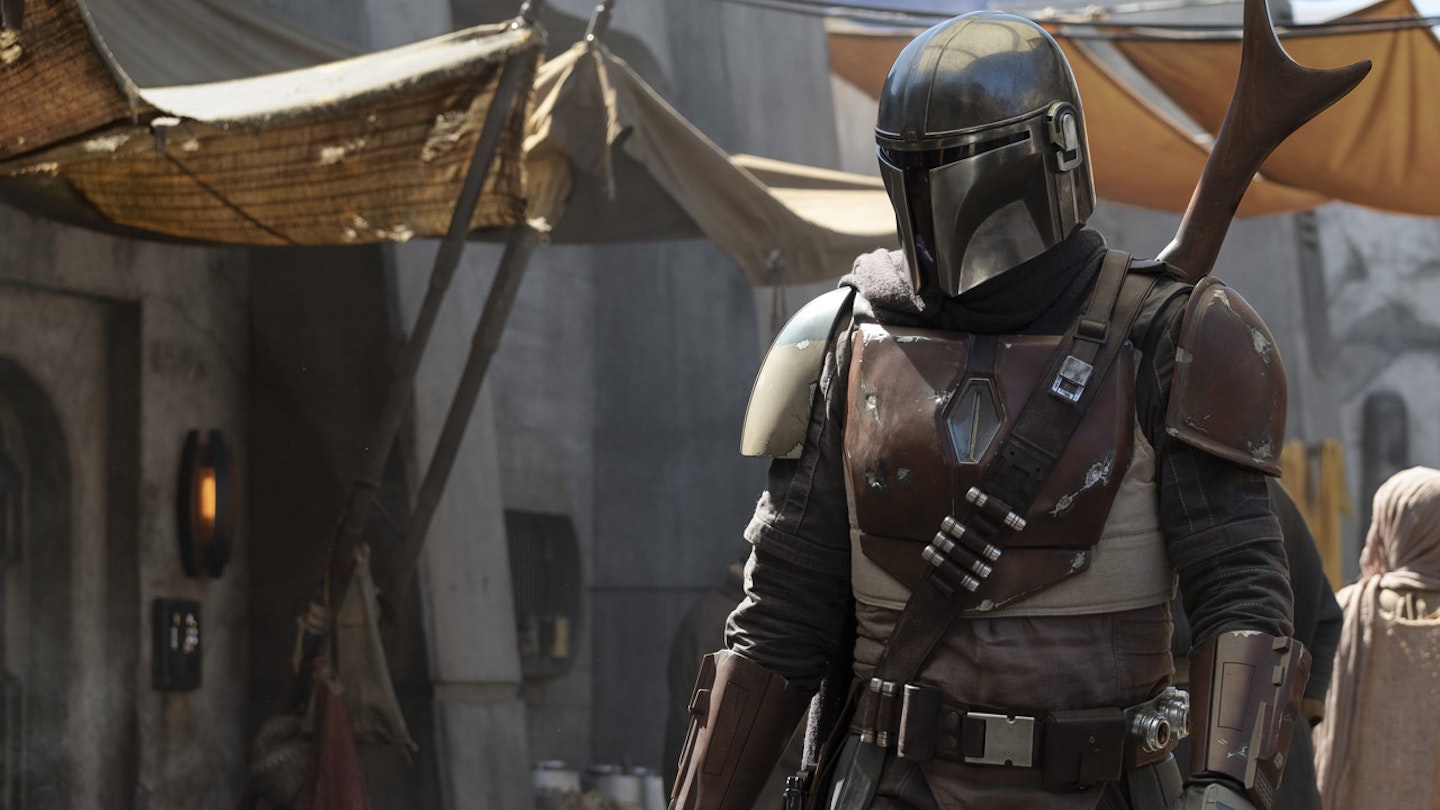It’s a fairly high-pressure time to be launching a splashy Netflix show. Having previously appeared to be in the blank-cheque business, bosses at the disruptive streaming company recently euthanised a couple of expensive blockbusters (the Wachowskis Sense 8 and Baz Luhrmann’s The Get Down) as well as a half-hour comedy that took something of a critical kicking (Girlboss). Even Bloodline — a warmly received, Emmy-winning series about a dysfunctional family in crime-ridden Florida — was not renewed for a fourth season.
And so, upon encountering brand-new crime drama Ozark (which, with its drug gangs and picturesque waterside locations, is not a million miles away from Bloodline) it would be understandable to worry, perhaps, about whether it will crumple under all that intense scrutiny or fail to reach the “huge audience” that Netflix chief Ted Sarandos has now cited as a deciding factor when it comes to cancellations. Well, fret not. From its pulsating, nails-in-the-sofa premiere onward this is a complex, hugely compelling and enthrallingly dark thriller that deserves to be a huge hit.
As descriptions go, ‘Michael Bluth breaks bad’ isn’t a bad one. Arrested Development’s Jason Bateman (who stars, produces and even directs four of the ten episodes) is Marty Byrde, a suburban Chicago dad who works as a financial advisor, drives a Toyota Camry and glumly watches hidden-camera footage of his wife Wendy (Laura Linney) having an affair. But, of course, Marty also has a secret. He and his partner have been laundering money for a Mexican drug cartel for the past decade. But when their ruthless boss (Esai Morales) discovers an $8 million embezzling scheme — and starts violently cleaning house — the only way Marty can save his life is by nervously pulling a plan out of his backside: not only will he pay back the stolen money, he’ll head to a lakeside holiday spot in the Ozarks to ‘clean’ it and set up a new operation for the cartel.
It’s an arresting and breathless way to kickstart a show.
It’s an arresting and breathless way to kickstart a show, cramming almost a whole season’s worth of incident into a single hour that, in a sense, functions as a prologue for the ensuing action in the Ozarks. But it works, and hooks you into the drama as Marty packs up the family (namely, Sofia Hublitz’s snarky 15-year-old Charlotte and Skylar Gaertner’s animal-obsessed 13-year-old Jonah) and sets about executing his get-out scheme. Needless to say, thanks to hostile locals, Peter Mullan’s hillbilly crime lord and an intense FBI agent (Jason Butler Harner) who senses Marty’s guilt, the Byrdes’ bid to save themselves soon becomes anything but simple.
Undoubtedly, Ozark creator Bill Dubuque (The Judge) nods to some familiar touchstones — Breaking Bad, of course, but also Scorsese, during a scene in which Marty gives a voiceover lesson in money-laundering as The Rolling Stones play — but one of the show’s biggest virtues is the distinctiveness of its washed-grey look and the freshness of its heartland America location. As the Byrdes adjust to their precarious new lives and the bodies inevitably pile up, we dive further into a grim, surreal world of pet bobcats, corpses stuffed into acid barrels, waterborne church services and heavily pregnant pole dancers.
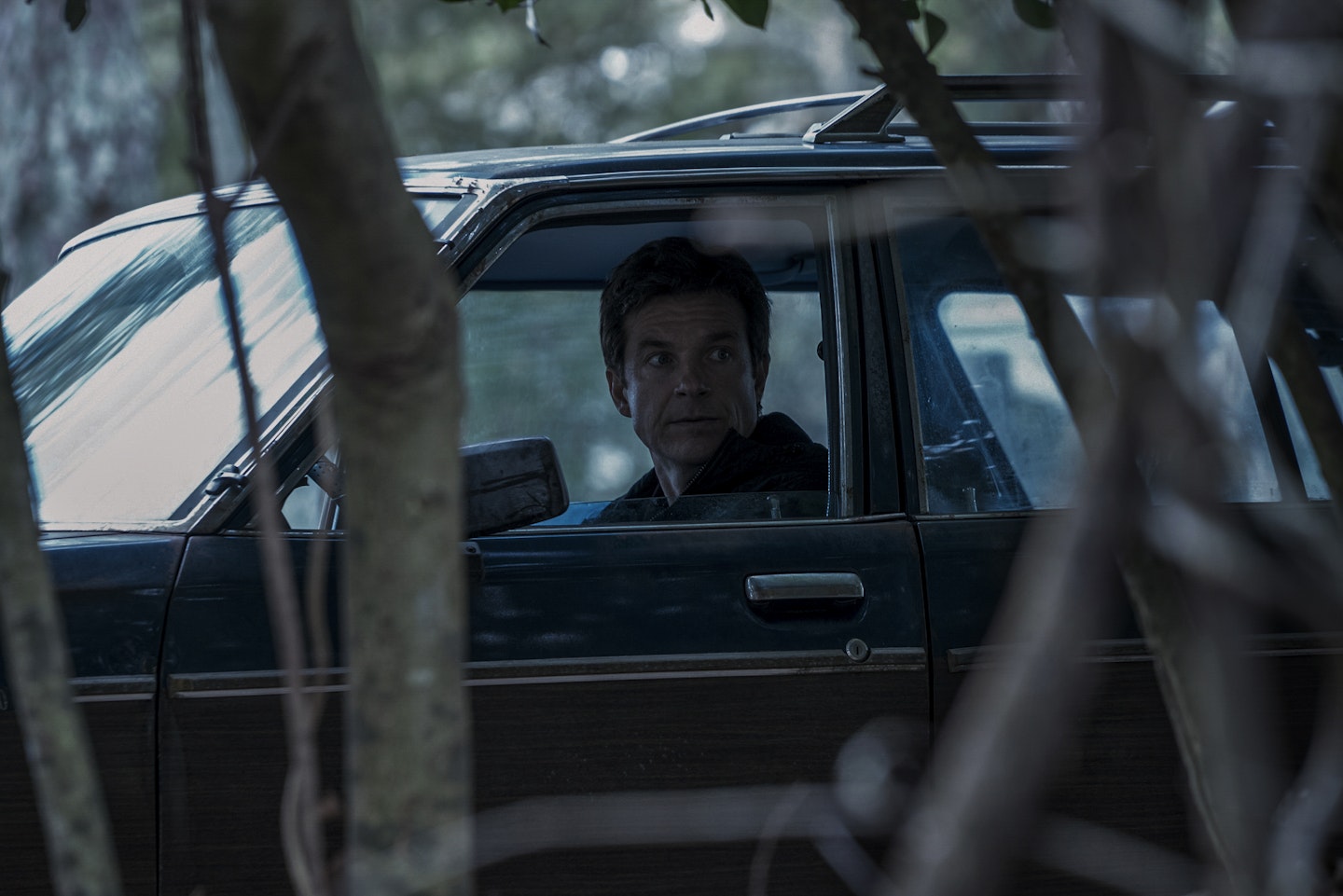
Bateman, perhaps unsurprisingly given his comic chops, helps leaven some of these darker moments with masterfully delivered lines (“If I want to put all £700,945,400 in a hot tub, get buck naked and play Scrooge McDuck, that is 100 per cent my business,” he snaps, cleaning out a bank account). But, while his wry exasperation is expected, his ability to forcefully sell emotion as a leading man is a joy to behold. Marty Byrde may be a difficult character to warm to (where Walter White’s superpower was scientific genius, Byrde’s is a knack for financial voodoo and hastily conceived bullshit) but Bateman mostly succeeds in making you root for him. If you were to nitpick, you could argue that Ozark occasionally overplays its hand when it comes to grimness (dispatching one particularly vulnerable character late on may be too much for some). Its acrid atmosphere — where heads are frequently blown off and family members are constantly threatened — is stifling. Mostly, though, it deftly walks the line between bleak deeds and black laughs, before teeing up a tantalising second series. Here’s hoping we get to see it.
